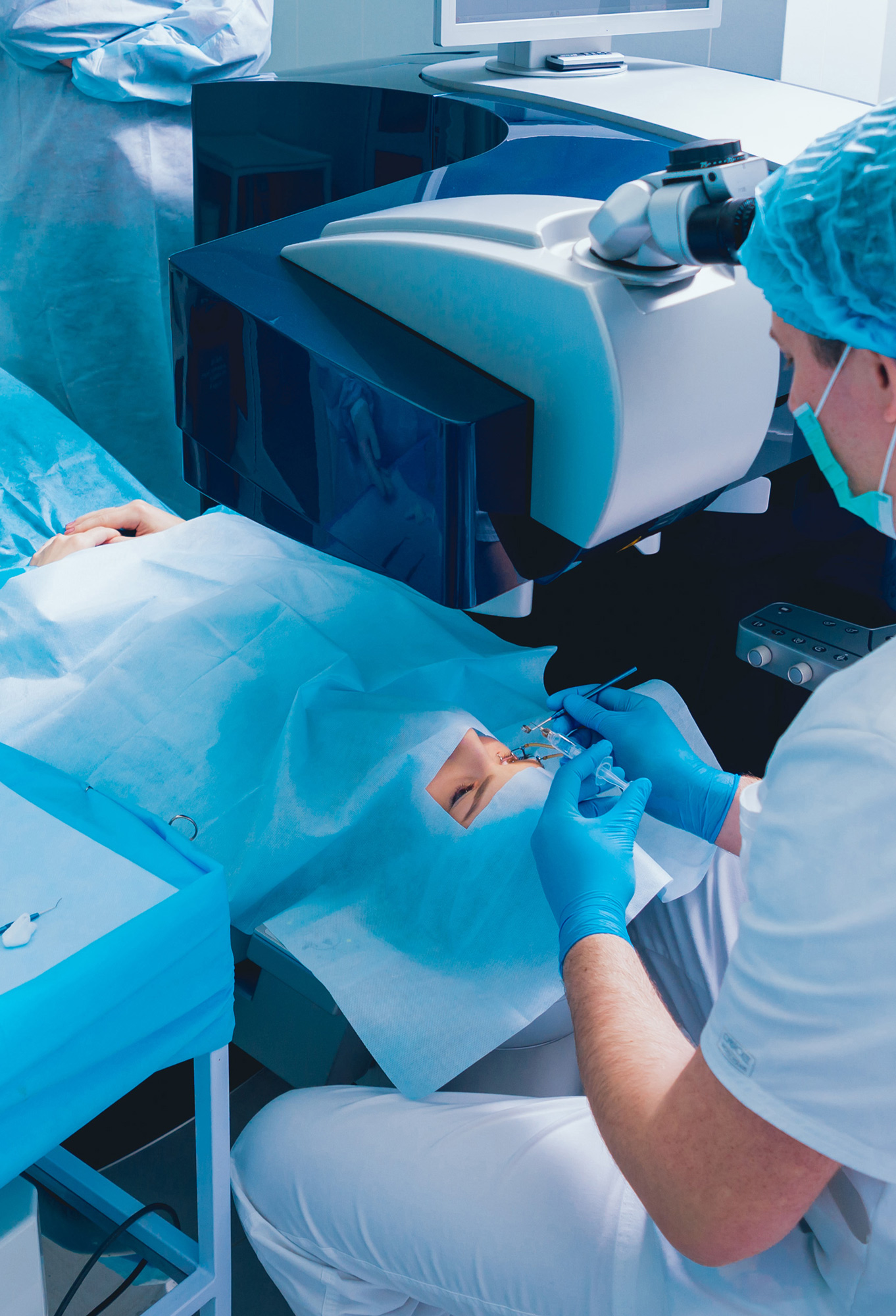
Cataracts are virtually an inevitable part of the aging process. It’s estimated that by the age of 80, pretty much everyone will either have them or have had surgery to remove them. Diabetes is an increasingly common disease, with the latest figures from the National Institutes of Health stating that around 8.7% of Americans live with the condition.
Therefore, it’s easy to understand that there’s a rising number of cataract procedures being performed on diabetic patients.
If you’re one of them, then the following discusses all the major points you need to know about undergoing cataract surgery with diabetes.
Cataracts often form at a younger age in those with diabetes. This means that you might be diagnosed and need an operation in, say—your 60s—as opposed to your 70s or 80s. The biggest risk of surgery to remove them is that of diabetic eye disease (diabetic retinopathy).
This condition can cause various changes to the interior structures of the eye. This includes the growth of new blood vessels, which are weak and tend to leak. Any stage of diabetic eye disease also increases the risk of macular edema.
One of the first things your cataract surgeon will do is examine the eye. If there are any elements of diabetic eye disease that will considerably raise the surgical risk, then the first step will be to address this. There’s a wide variety of treatment options for all stages of diabetic eye disease, including injections, medications, steroids, and more.
Once these risks are back under control, then your surgeon will be able to schedule your cataract surgery.
A diabetic cataract surgeon has many options to reduce the surgical and post-surgical risk. These include:
Because diabetic eye disease is progressive, the key to successful cataract surgery is to have it performed sooner, rather than later. You’ll also undergo careful monitoring after the procedure to monitor any exacerbation of your diabetic eye disease.
Taking control of your medical conditions
By far the best way to prepare for cataract surgery is to keep your diabetes under control.
Although there is a higher risk of undergoing cataract surgery if you have diabetes, careful pre-treatment, a skilled surgeon, and the right post-operative care creates the right scenario for a successful op and recovery. With this in place, there’s no reason why you can’t regain excellent vision in the same way that non-diabetic patients do after cataract surgery.
While there are increased risks of cataract surgery if you have diabetes, it remains a safe procedure with a great success rate. You can tweak this even higher by selecting a cataract surgeon who’s specialized in such cases. Dr. Brent Bellotte, the lead clinician at the Modern Cataract Surgery Clinic is, without a doubt, one of the best in the world.
Not only is he at the forefront of cataract surgery advancements, but he’s dedicated his professional career to bringing pioneering treatments to the mainstream. This includes treating patients with co-existing diabetes.
Find out more at https://www.moderncataractsurgery.com and call today to book a consultation.

